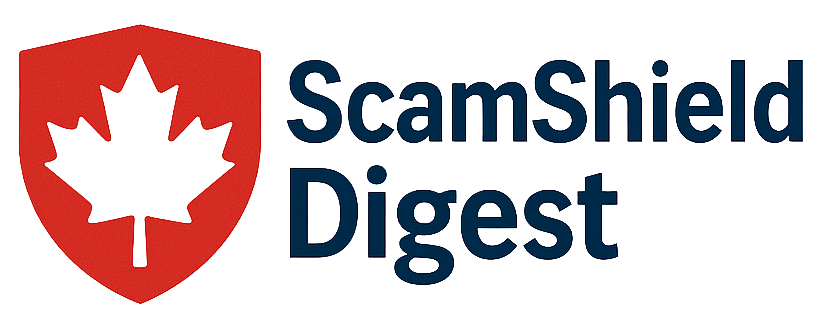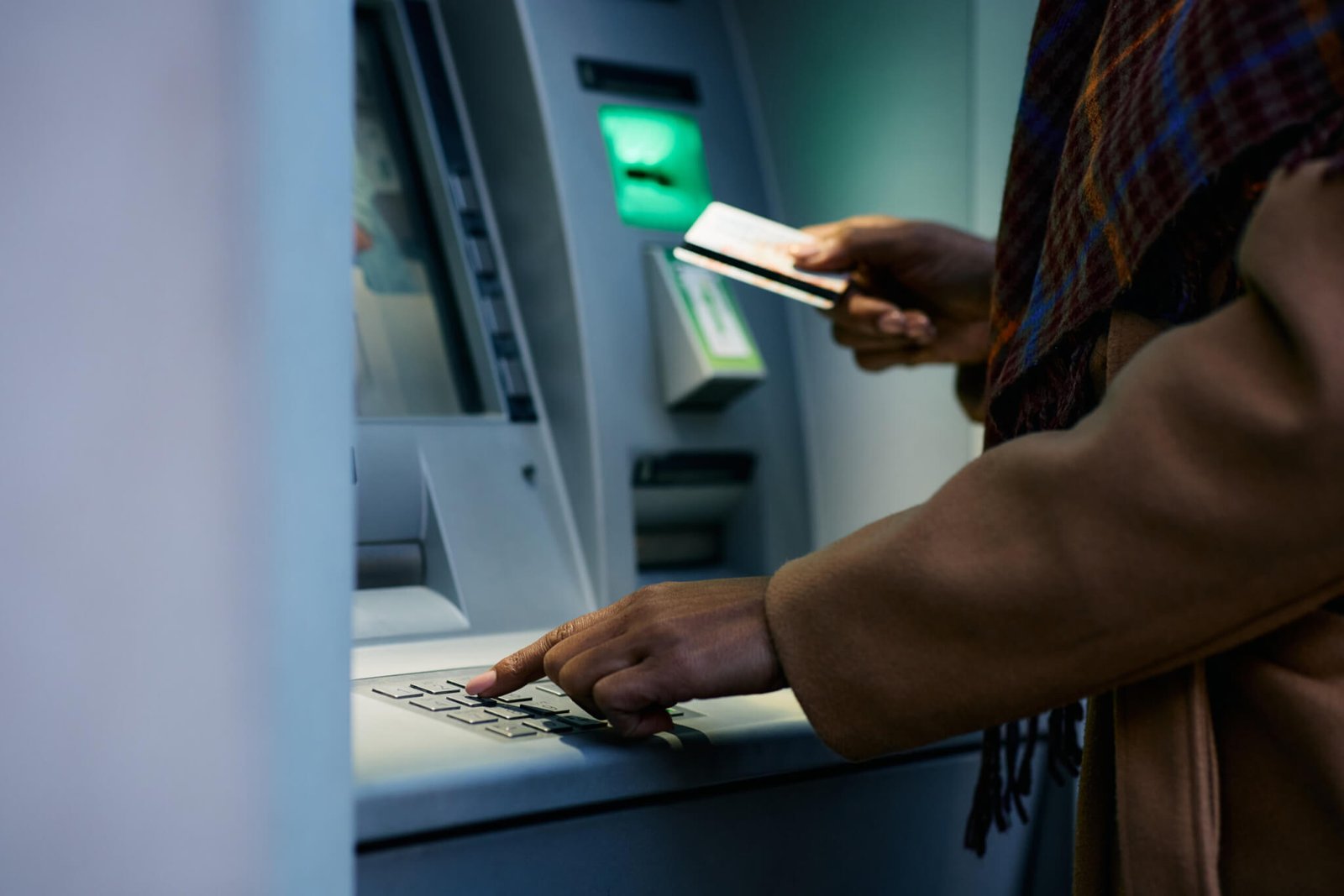TL;DR
-
The Financial Markets Authority (FMA) has issued a fresh warning about deepfake scams on social media, where impersonated New Zealand business leaders and commentators promote fake investment schemes.
-
These scams use deepfake videos, WhatsApp groups, phishing websites, and remote-access malware to extract personal and financial data.
-
Red flags include unsolicited investment ads featuring familiar faces, links to “WhatsApp investment groups,” and requests for upfront fees.
-
Protect yourself: Never click, join, or pay. Report suspicious content to Meta, FMA, your bank, and Victim Support.
Table of Contents
What’s Going On?
Scammers are upping their game—using Meta platforms like Facebook and Instagram to spread deepfake videos featuring recognizable NZ journalists, politicians, businesspeople, and financial commentators. These spoofed profiles promote free investment advice via WhatsApp groups, leading victims into elaborate scams.
Once inside a WhatsApp “investment group,” victims are guided to install remote-access malware and directed toward bogus investment platforms—often involving cryptocurrency. When attempts are made to withdraw funds, victims are blocked behind fake fees. HCMagFisheries New Zealand
This new wave follows earlier FMA alerts about fake endorsements from politicians or fabricated news stories—now the fraudsters are impersonating business leaders to add credibility
Why This Scam Thrives in 2025
-
Deepfake realism makes it hard to discern fake from real.
-
Social media trust: Seeing a familiar face on your feed lowers skepticism.
-
WhatsApp-based deception: The closed nature of the platform fosters trust.
-
Malware via legitimate-sounding “apps”: Attackers remotely access devices.
FMA’s Advice at a Glance
-
DON’T click on investment ads featuring celebrity or commentator impersonations.
-
DON’T register, download apps, or hand over personal details.
-
DON’T send money—if fees are demanded for investment access, it’s a scam.
-
Report the ad to the social platform (e.g., Meta’s reporting tools).
-
Check FMA’s website for updates and official warnings.
-
Report to FMA directly at questions@fma.govt.nz or via their site
How the Scam Operates
-
Social media ads appear with trusted faces (often deepfaked).
-
Ads lead to WhatsApp groups, pitched as free investment mentorship.
-
Scammers push victims to download remote-access tools, give control of devices.
-
Victims are urged to invest in fraudulent platforms, often requesting crypto or bank transfers.
-
When withdrawals are attempted, “release fees” are demanded—payments are never returned.
FAQ — Deepfake Investment Scams in NZ
How do deepfake scams work?
These scams use AI-manipulated videos or images showing real NZ personalities promoting a fake investment opportunity, often leading victims to malware or loss of funds.:contentReference[oaicite:34]{index=34}Why does WhatsApp play a role in these scams?
Scammers invite victims into WhatsApp groups—platforms seen as private and trustworthy—where they manipulate them into installing malware or fake investment software.:contentReference[oaicite:35]{index=35}How can I verify if an ad is legitimate?
Always use known, official sources: visit the FMA site, contact the institution listed on legitimate adverts, and avoid links in unsolicited messages.What should I do if I’ve engaged with one of these scams?
1. Stop communication with the scammer.2. Contact your bank or financial institution immediately.
3. Report the ad/profile to Meta.
4. Report to FMA.
5. Contact Victim Support: 0800 842 846.:contentReference[oaicite:36]{index=36}
Final Thoughts
This surge in deepfake and impersonator scams isn’t limited to New Zealand—it’s a global risk. Stay alert, verify everything, and report swiftly to protect yourself and others. If something feels off, trust your instincts—and double-check with reliable institutions before engaging.

























